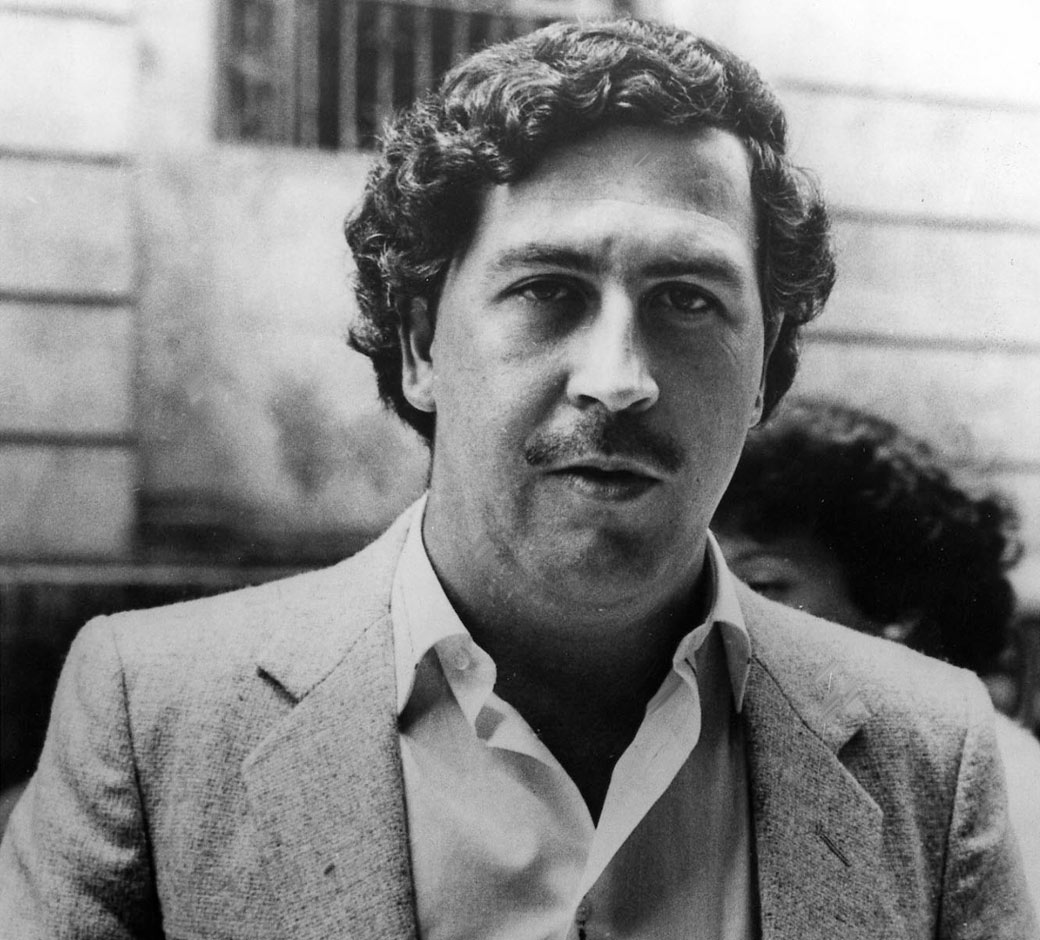When one hears the name "Escobar," a wave of intrigue and curiosity washes over them. This name is inextricably linked to a figure whose life was filled with both grandeur and darkness. Pablo Escobar, a notorious Colombian drug lord, not only shaped the landscape of the drug trade but also influenced the socio-political fabric of Colombia during his reign. His story is a rollercoaster of ambition, power, and ultimately, tragedy.
As the world began to recognize the scale of Escobar's operations, his influence extended far beyond Colombia's borders. The Medellín Cartel, which he led, became synonymous with drug trafficking in the 1980s and early 1990s. Escobar's ability to evade authorities and control vast networks made him a figure of both fear and fascination. However, his life was not just about crime; it was also about complex relationships, personal ambitions, and a quest for legacy.
In the wake of Escobar's death, discussions about his life and impact have continued to captivate audiences worldwide. From documentaries to dramatizations, the narrative surrounding Escobar has evolved, and many are left pondering the question: who was he really? As we delve deeper into the life of Escobar, we uncover layers of his existence that reveal a man driven by both love and ambition, but ultimately consumed by the very empire he built.
What is the Biography of Escobar?
Pablo Emilio Escobar Gaviria, born on December 1, 1949, in Rionegro, Colombia, rose from humble beginnings to become one of the wealthiest and most powerful criminals in history. His journey began in the 1970s when he ventured into the cocaine trade, ultimately leading to the establishment of the Medellín Cartel. Escobar's rise to power was marked by strategic alliances, ruthlessness, and a flair for public relations that allowed him to maintain a dual image as both a benefactor and a criminal.
Personal Details and Bio Data of Escobar
| Detail | Information |
|---|---|
| Full Name | Pablo Emilio Escobar Gaviria |
| Date of Birth | December 1, 1949 |
| Place of Birth | Rionegro, Colombia |
| Date of Death | December 2, 1993 |
| Occupation | Drug Lord, Politician |
| Spouse | Maria Victoria Henao |
| Children | Juan Pablo Escobar, Manuela Escobar |
| Notable Organization | Medellín Cartel |
How Did Escobar Build His Empire?
Escobar's empire was built on a foundation of innovation and ruthlessness. By the late 1970s, he had established a powerful network for transporting cocaine from Colombia to the United States. His operations were not just limited to drug trafficking; Escobar invested in various legal businesses, which helped him launder money and gain legitimacy. His approach involved:
- Strategic Partnerships: Collaborating with various criminal organizations and corrupt officials.
- Violence and Intimidation: Utilizing fear tactics to eliminate rivals and maintain control.
- Social Programs: Gaining public favor through community projects and philanthropy.
- Media Manipulation: Crafting a public persona that resonated with the masses.
What Was Escobar’s Impact on Colombia?
The ramifications of Escobar's actions were profound and far-reaching. His reign led to:
- Increased Violence: Escobar's rivalry with other cartels resulted in a surge of violence, leading to thousands of deaths.
- Corruption: The infiltration of law enforcement and government institutions by drug money.
- Socioeconomic Disparities: While he provided for some communities, his actions exacerbated poverty and inequality.
- International Relations: Escobar's operations strained Colombia's relationships with other countries, especially the United States.
Why Was Escobar Considered a Robin Hood Figure?
Despite his criminal activities, many viewed Escobar as a modern-day Robin Hood. He invested heavily in community projects, building schools, parks, and sports facilities. His philanthropic efforts endeared him to the local population, who often saw him as a savior rather than a villain. The complex duality of his character raises questions about morality and the impact of wealth on society.
How Did Escobar’s Life End?
Escobar's life came to a violent end on December 2, 1993, when he was killed in a shootout with Colombian National Police. His death marked a significant turning point in the war on drugs, but it also left a power vacuum that led to further violence and instability in Colombia. The aftermath of his death saw the rise of other criminal organizations, continuing the cycle of crime and violence.
What is Escobar’s Legacy?
The legacy of Escobar is a complex tapestry woven with threads of admiration, fear, and controversy. He is remembered as one of the most powerful drug lords in history, but his life also serves as a cautionary tale about the consequences of unchecked ambition and power. Today, his story continues to be explored in various forms of media, prompting ongoing discussions about his influence on drug culture, politics, and society.
How is Escobar Portrayed in Popular Culture?
Escobar's life has inspired numerous films, documentaries, and television series, each offering a different perspective on his character. Some of the most notable portrayals include:
- Narcos: A popular Netflix series that chronicles the rise and fall of Escobar and the Medellín Cartel.
- Escobar: Paradise Lost: A film that explores the impact of Escobar on a young Canadian surfer who falls in love with his niece.
- The Infiltrator: A film based on the true story of a U.S. Customs official who went undercover to take down Escobar's drug trafficking operation.
In conclusion, the story of Escobar is one that evokes a myriad of emotions and thoughts. His life was characterized by extremes, from immense wealth and power to violence and chaos. As we reflect on the legacy of Escobar, we are reminded of the intricate connections between crime, society, and the human condition.
Article Recommendations


